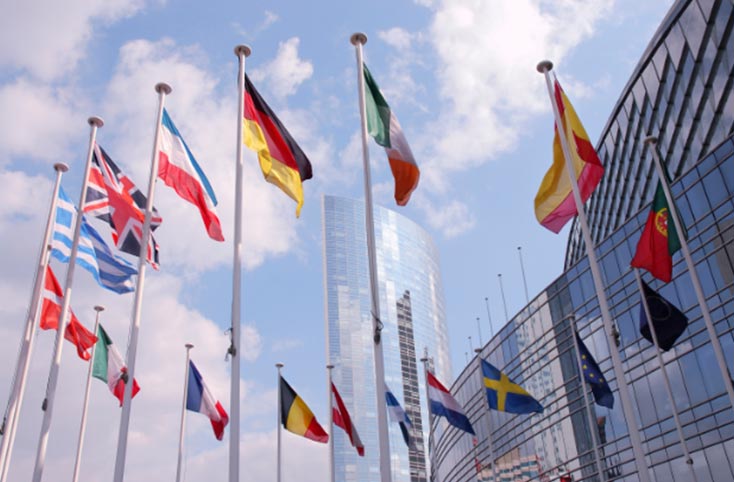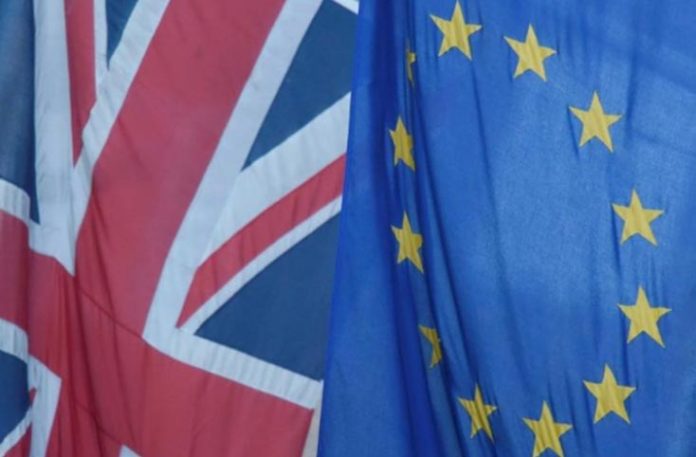Civitas, a social think-tank has called the benefits of single market access to the UK as imaginary. The analyses claim that exports to the non-EU countries have grown faster than the European Union.
These analyses have led to the belief that the UK is better having a real deal than no deal out of Brexit negotiations. Many economists believe that the UK has benefitted from the EU membership.
British Prime Minister Theresa May has announced that she will trigger Article 50 on 29th March 2017. The PM will officially notify the EU of the UK’s decision to leave by trigging Article 50.
The Fallacy of Single Market Access
The study conducted by Civitas goes beyond the obvious to test the benefits claimed as testified by the proponents of staying in the EU. The study finds out that there exists no empirical evidence to support the claim for the advantages claimed by many for Britain to have single market access.
The British Government wants to showcase membership of the EU as a prized possession offering significant advantages. By negotiating Brexit, the government wants to keep getting the supposed benefits for the UK.
Before we move to any conclusion, here are some key facts about single market access that need clarification.
 Single Market Access
Single Market Access
Single market access means allowing different countries in the EU to trade across borders as smoothly as if they were trading within their borders. The movement of goods is without any tariffs and do not need negotiations.
Kind of Trade
Four freedoms are governing the single market access including free flow of goods, people, capital and services from one to another EU member country.
Differentiation Between Laws of Two Countries
When there is a difference between laws of two countries, or the trade compromises the country’s national law, the national law’s implementation is given priority above everything else. This differentiation may include issues related to policy, security, or health.
Minimum and Maximum Standards
The minimum standards allow the EU countries to add tougher rules to them as per their country’s regulations. The maximum standards mean EU laws need to be considered above the country laws in some cases.
Non-EU Countries having Single Market Access
Non-EU countries will have access to the single market. However, the EU will impose a customs tariff on imports from non-EU countries, not part of the European Union.
When the UK compares its level of exports to the single market among top 40 countries, it is ranked 36th out of 40 for the years 1993 to 2015. The analysis clearly exhibits that many of the non-EU members have increased their exports more to the single market than the UK.
Another popular notion was that after Brexit, workplace rights would get dismantled. However, many of the workplace rights in the UK are already ahead of the bare minimum set in the European Union.
EU offers around 20 minimum paid annual leaves to its employees. However, the UK offers 28 annual paid leaves to its employees annually.
There are a lot of misconceptions attached to the single market access. Brexit may not necessarily be a definite blessing in disguise, but there are many hidden benefits not coming to the front because of the anti-Brexit propaganda.


